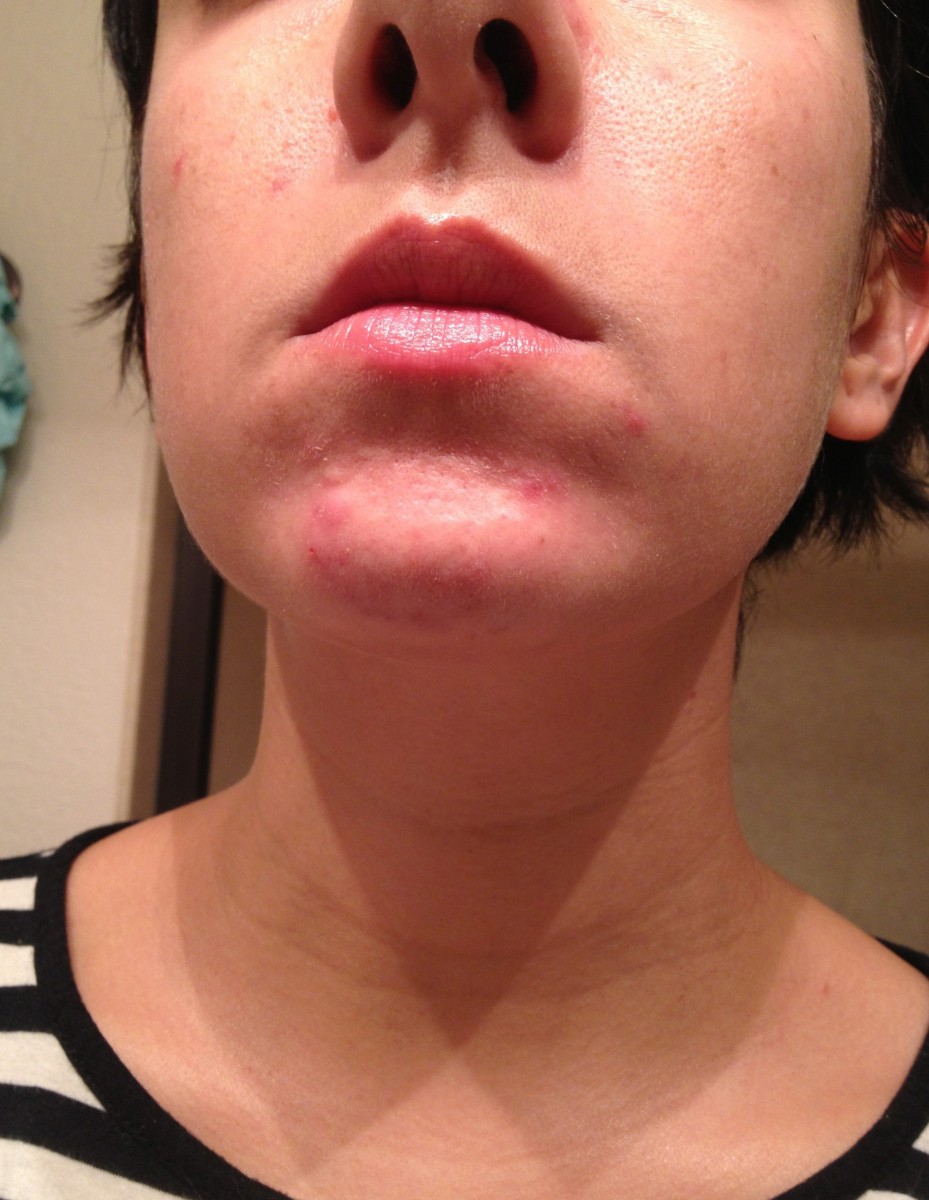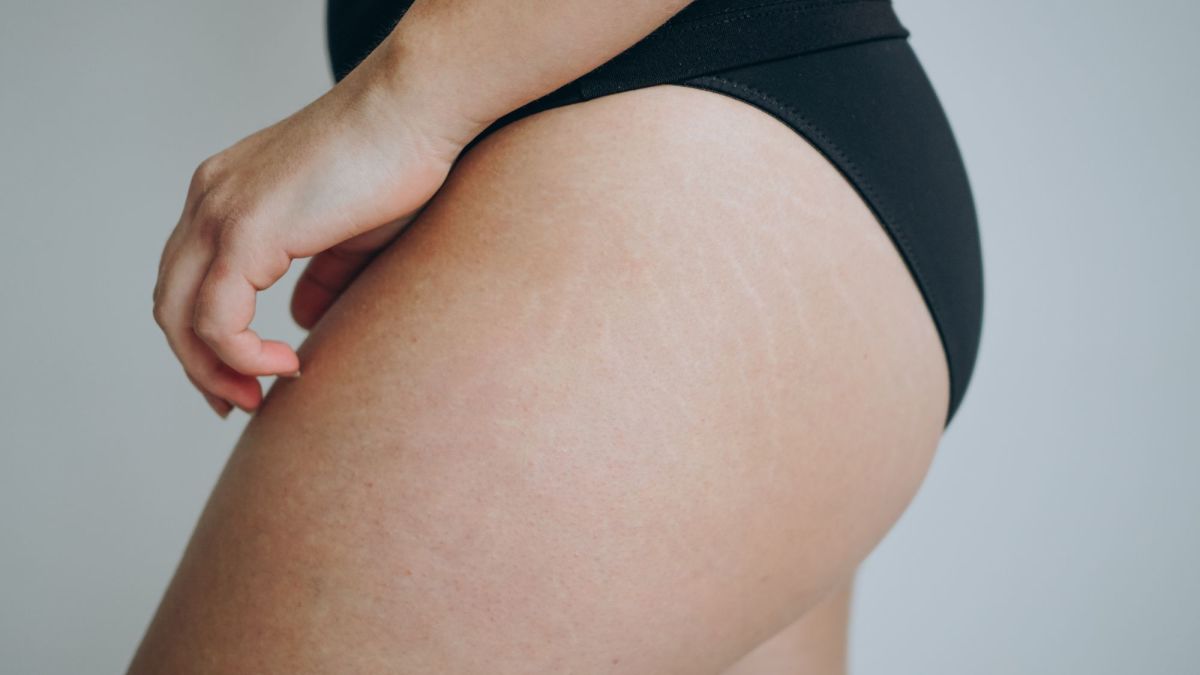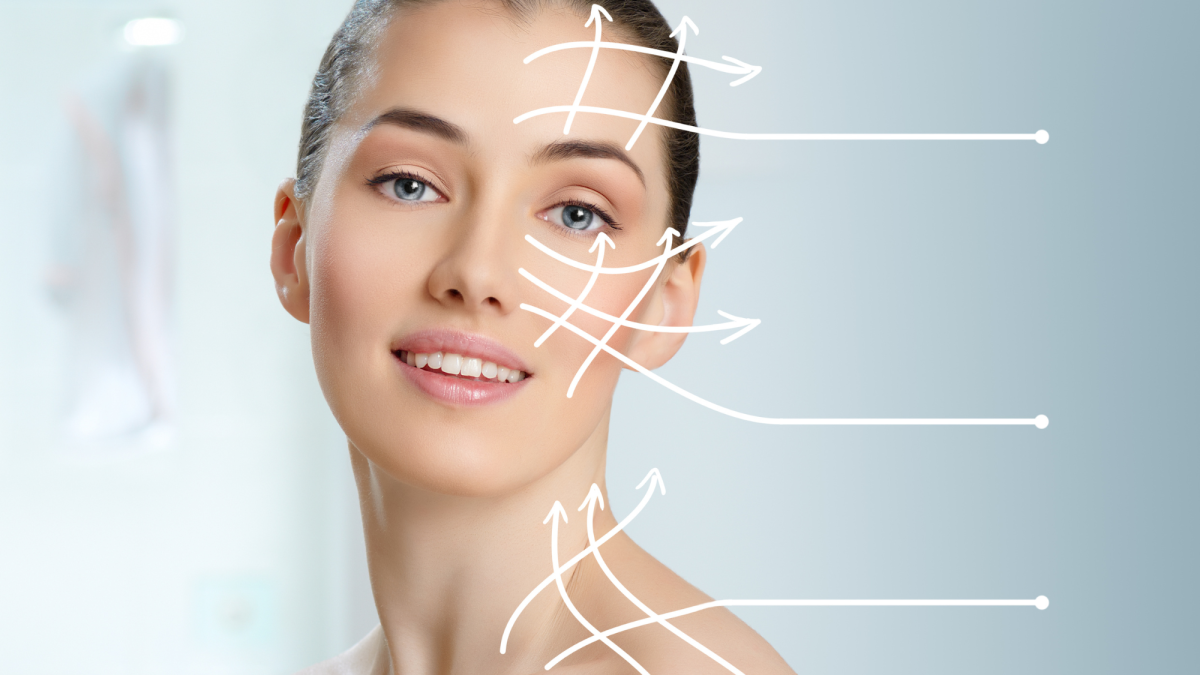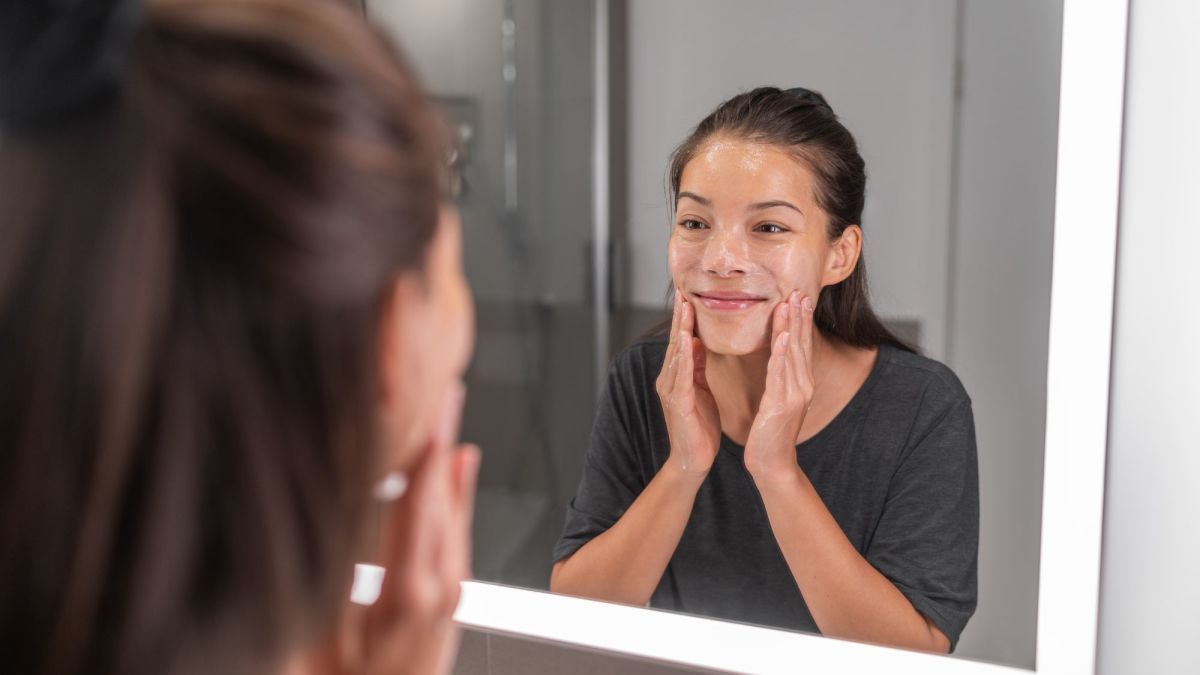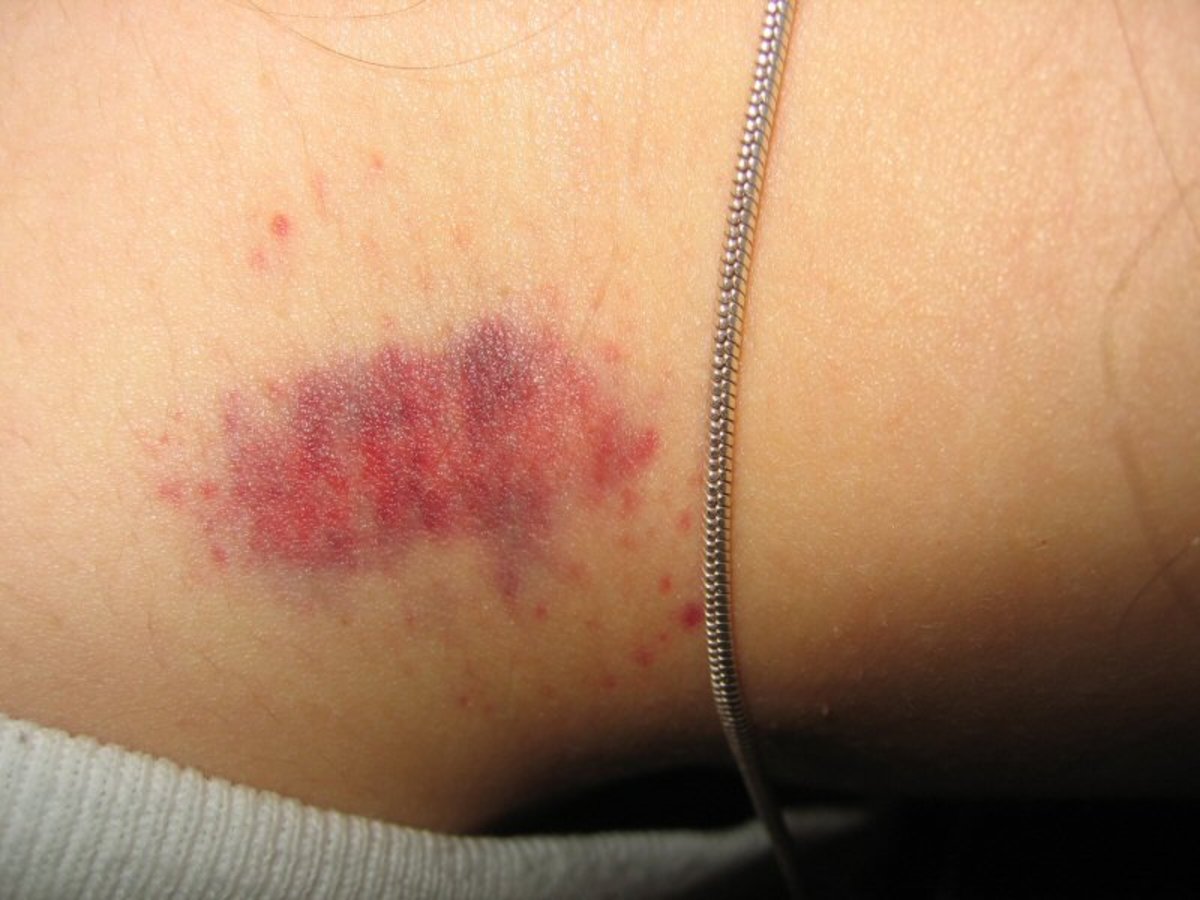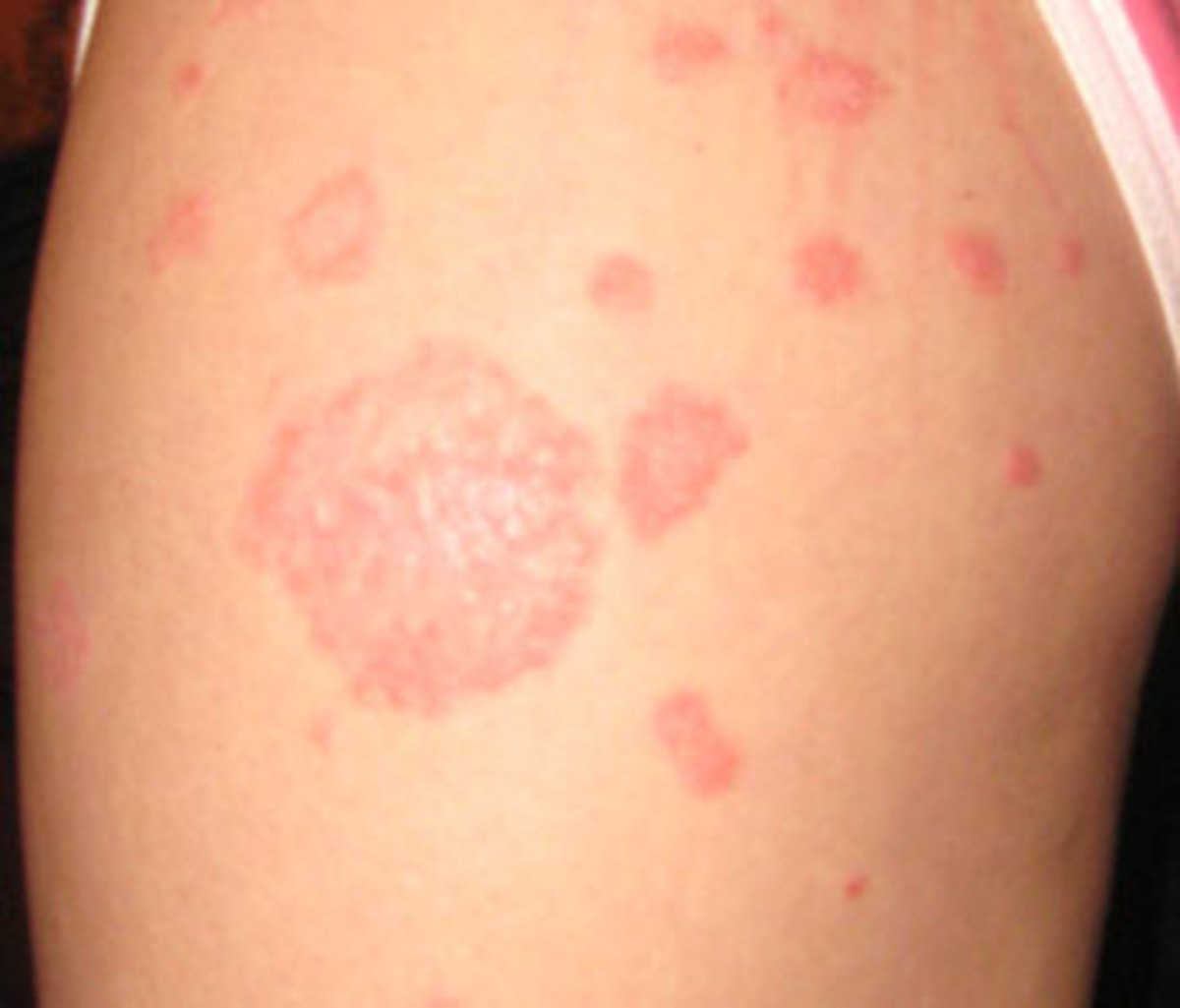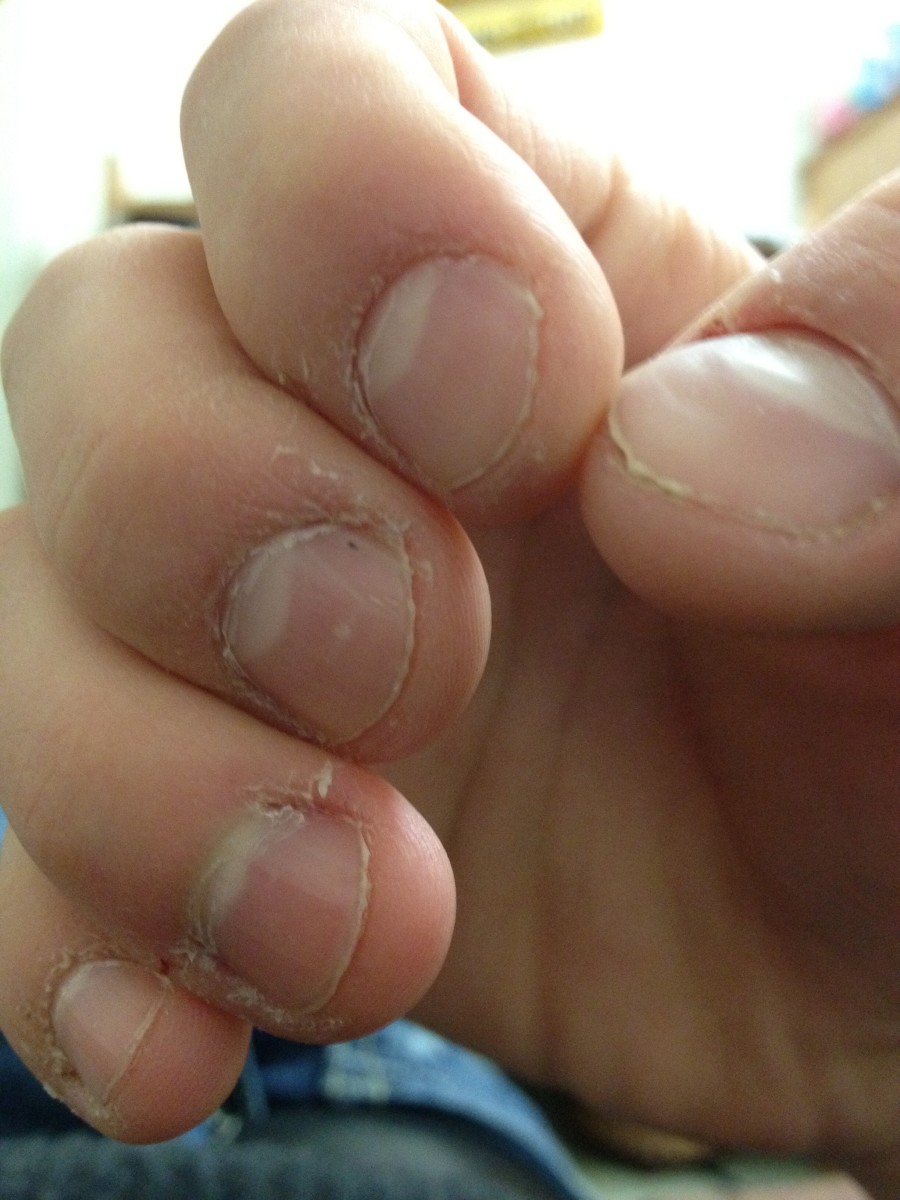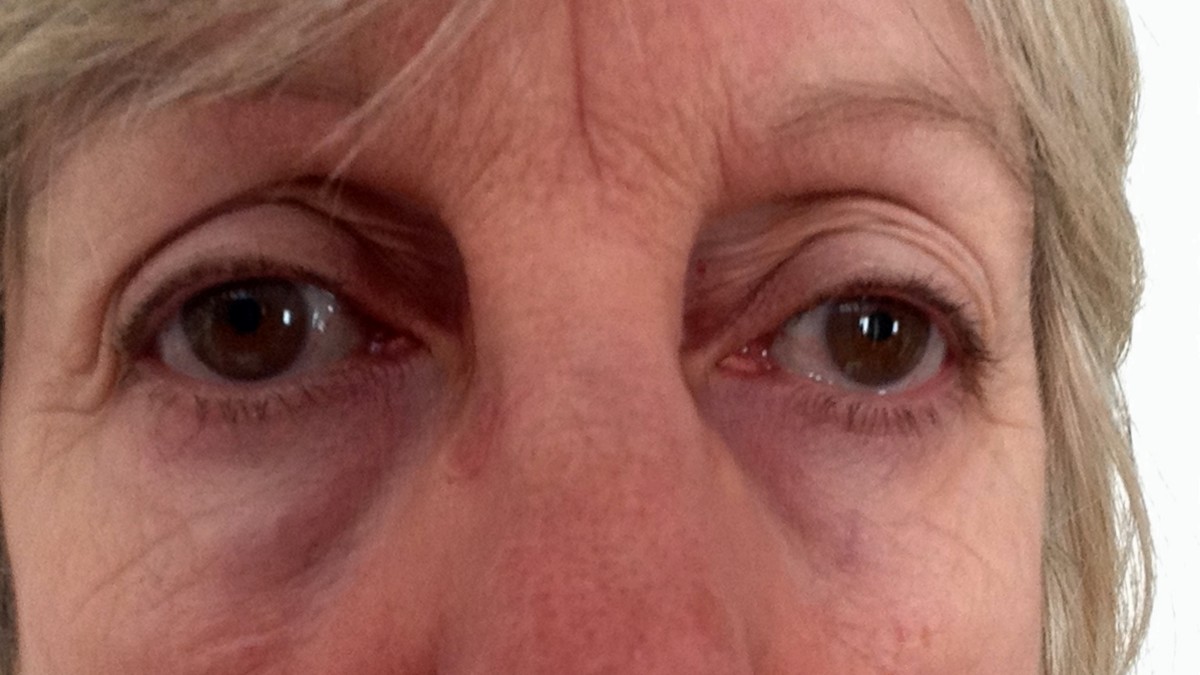What is Acne? How Do You Get Rid of Breakouts?
Acne vulgaris, or acne, is a common skin problem. If you have acne you know how difficult it can be to live with and how hard it can be to get rid of it. But what is acne exactly?
Understanding what acne is, what causes it, and how to treat it will help you on your path towards clear, beautiful skin. Relieving acne can be tricky, but once you find a system that works for you, it will be easier to remain breakout-free.
It is always best to consult a dermatologist to assess your particular skin condition to find the best ways to treat it.
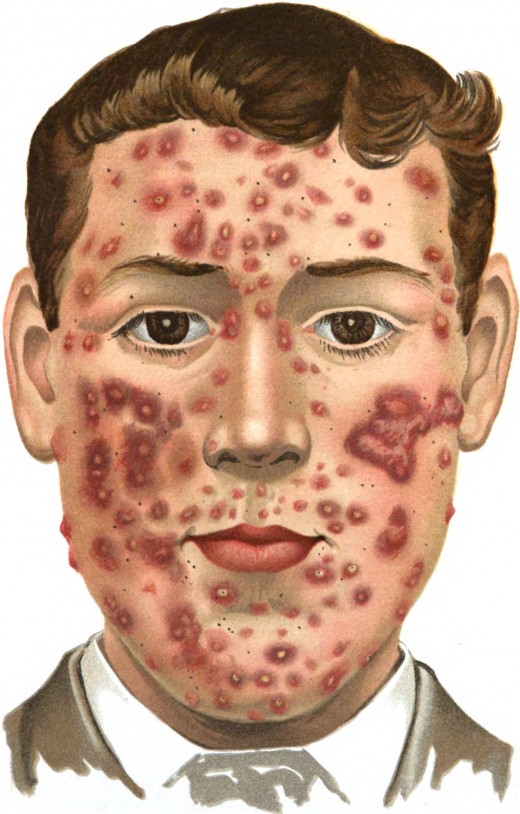
What Is Acne Vulgaris?
Acne vulgaris, also known as acne, is a skin disease characterized by bumps and redness. The condition is common, especially among teens. Acne is found commonly on the face, chest, and upper back.
What Causes Acne?
The cause of acne is hormone imbalance at the root. Hormones trigger the production of excess oil called sebum. Excess oil can block follicles in your skin causing bacterial growth. Depending how these pockets of sebum and bacteria form, blackheads, whiteheads, pustules, papules, cysts, or abscesses can develop.
Types of Pimples
Whiteheads
In a whitehead, the pocket of sebum and bacteria stays below the surface of your skin. It appears as a small white dot on your skin.
Blackheads
In a blackhead, the pore is open to your skin's surface. The sebum is exposed to air and oxidizes, turning a dark black/brown color. These appear as tiny dark pin spots on your skin.
Milia
Milia is characterized by many tiny white bumps. It is common in newborns and clears up on its own. Milia is rare among adults.
Papules
Papules are a type of inflammatory acne. The follicular wall ruptures and the pore becomes inflamed.
Pustules
Pustules are another type of inflammatory acne. In this case, a the white blood cells of a papule come to the skin's surface, creating a light-colored head. This is often referred to as a pimple or zit.
Nodules
Nodules occur when the follicular wall ruptures along the bottom. These then to be large, sore bumps.
Cysts
Severe inflammation can result in cysts. These are large pus-filled areas.
How Do You Get Rid of Acne?
It is always best to consult a dermatologist. They will be able to assess your condition and give you the best guidance.
If you are trying to solve your acne problems at home, there are a number of things you can try. Try one method at a time to see how your skin responds. Doing multiple things at once will leave you confused as to what helped and what made your acne worse. For a specific ways to address the root of acne, check out The Cause of Acne.
Skin Care Routine
Washing and moisturizing your skin regularly will help keep your skins oils in balance and keep breakouts in check.
Reduce Stress
Stress can affect your hormones. These hormones directly affect the production of oil in your skin. If your skin produces too much oil, it will result in breakouts. Reducing stress will help clear your skin.
Exercise
Exercise helps reduce stress and increase circulation to your skin. This will help your skin heal faster and reduce toxins.
Proper Diet
The affect of diet on acne is debated. There is some evidence that blood sugar spikes can cause acne. You may want to consider reducing your consumption of foods with a lot of sugar or carbohydrates.
More Articles on Acne
- The Cause of Acne
What causes acne? Knowing what acne is will help you figure out the best way to treat it. Understanding acne is the first step to clear, beautiful skin! - Tips for Clear, Glowing Skin
Healthy skin is the key to looking and feeling beautiful. There are several simple things to do to battle common skin problems like acne, wrinkles, and dry skin. Keep your skin looking its best with these tips for clear, glowing skin!

